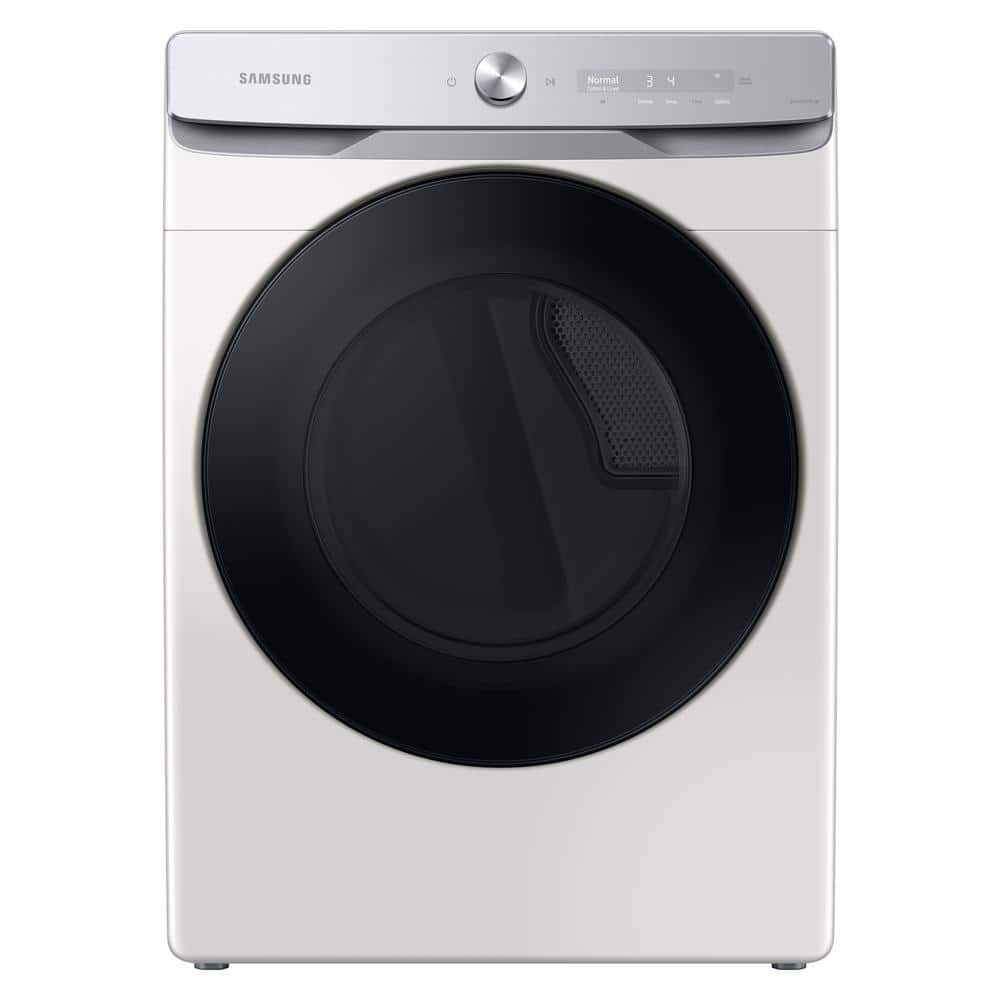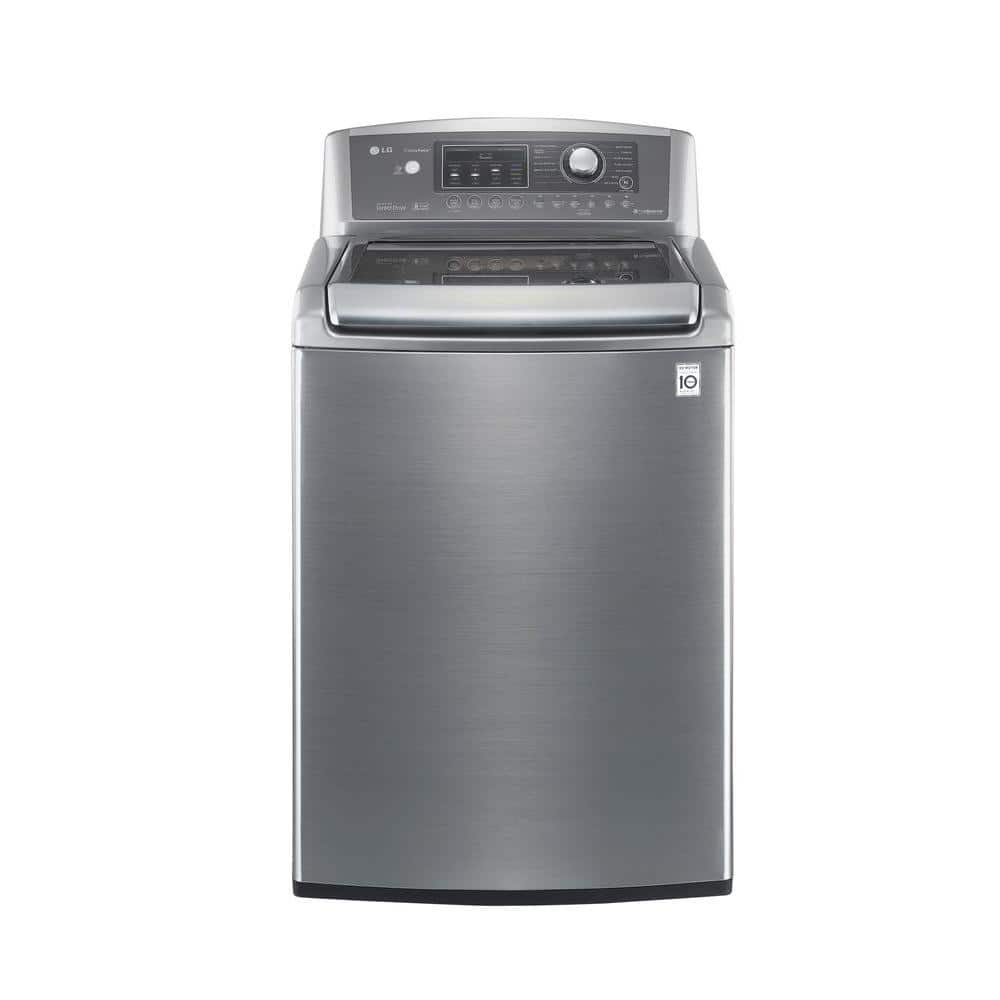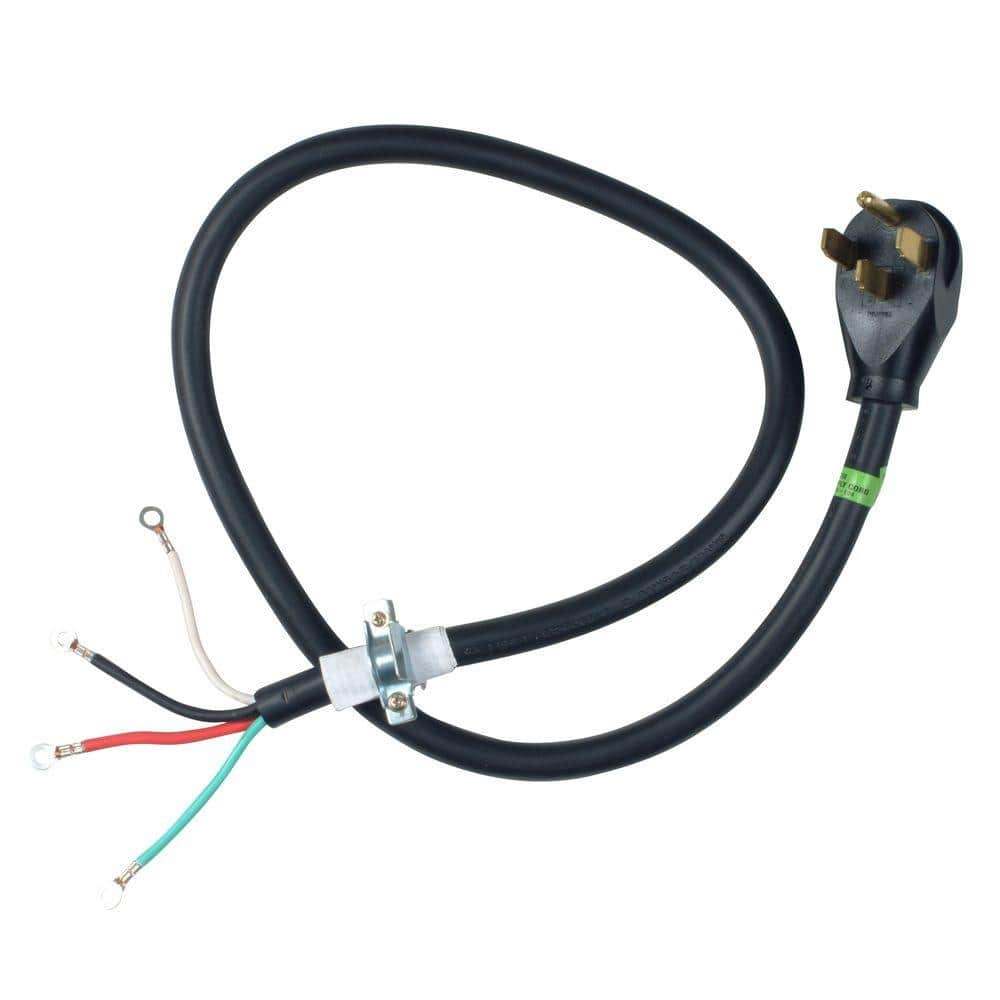Gas vs. Electric Dryers

Last updated December 26, 2024
Investing in the best clothes dryer is an easy way to make laundry day more convenient. The right dryer can save time, money and make your clothes last longer. Selecting a quality dryer for your home starts with choosing the type, style and features that work best. Use this guide to understand the difference between a gas and electric dryer. Read on to learn about which is more efficient, gas or electric, plus more information on different features and benefits.
Table of Contents
What are the Best Clothes Dryers to Buy?
Electric Dryer Overview
Gas Dryer Overview
Gas vs. Electric Dryers Facts
Best Clothes Dryer Features
Vented vs. Ventless Dryer
What are the Best Clothes Dryers to Buy?

Narrowing down the best clothes dryer options for your home starts with determining your space, desired style, features and budget. Here are a few things to keep in mind as you shop:
- Think about the features you need. Some dryers feature special fabric care options that make clothes look new longer. Energy-efficient dryers will have a smaller electric bill and more positive environmental impact. Consider the style of dryer you want. Top-down dryer doors require less bending and keep wet items from falling on the floor. Some models have dual-opening doors allowing for side-swing or top-load usage. Side-mount doors can be installed on the right or left.
- Measure the space. For an average washer and dryer placed side-by-side, you’ll need a space 40 inches high, 56 inches wide and 31 to 34 inches deep. Allow room for the dryer door to open completely from the side or the top. Keep one inch clear on all sides for air circulation. Leave three to five inches between the unit and the wall for venting.
- Set a budget. Dryers can cost from a few hundred dollars for a basic model to more than a few thousand dollars for a model with more features and advanced technology.
Tip: Speed up laundry transfer from washer to dryer by installing side-mount doors so they swing away from the washing machine.
Electric Dryer Overview

Electric dryers work by pushing heated air through damp clothes as they tumble in the drum. Electric dryers have a heating element and a blower that forces the hot air uniformly through the drum and out through an exhaust vent. They typically operate on a 240-volt current.
Pros:
- Energy efficient, space-saving, low maintenance
- Multiple cycles and temperature settings
- No venting required
- Wide range of models, budget friendly
- Easier to install than gas dryers
- Some models have reversible doors
Cons:
- Can take longer to dry clothes than gas models,
- Requires a special outlet
Gas Dryer Overview

Gas dryers use natural or propane gas to generate heat and an electric fan to blow hot air over damp clothes. The heat is then exhausted through a vent.
Pros:
- Dries loads in about half the time of electric dryers with less static cling
- Reduces wrinkling by releasing heat faster after the end of the cycle
- More energy efficient
- Can customize a wide range of temperature and moisture control
Cons:
- Require venting and professional installation
- Needs regular professional maintenance
- Lasts longer than electric, requires a higher upfront investment
- Can be noisier than electric models
Gas vs. Electric Dryers Facts

The first decision you need to make about a new dryer is whether it’s powered by electricity or gas. The difference between gas and electric dryers comes down to energy usage, existing hookups in your laundry room and your overall household budget.
- Your energy costs to run either type will depend on your area. However, electric dryers are usually more efficient than gas dryers.
- A gas dryer should be professionally installed. You’ll need to add in the cost of hiring a plumber to install a gas line if you don’t have one. You can usually install an electric dryer yourself if you have a properly wired outlet and venting.
- Both dryers are low maintenance. However, it’s recommended that you have a gas dryer checked out each year. Electric dryers can be more budget friendly, but gas dryers may be a better investment over the long run.
- Both dryers last about the same time with proper maintenance. Gas dryers do require professional yearly maintenance.
- Both are safe to use, but gas dryers expel carbon monoxide, an odorless, colorless gas. It can be harmlessly vented into the open air. However, the gas poses a danger if allowed to accumulate. Install a carbon monoxide detector on every floor of your home to make sure your gas dryer’s vent is always working properly.
Best Clothes Dryer Features

Today's clothes dryers often have useful, high-tech features. Some of these come standard on both budget-friendly and high-end models. Knowing about them ahead of time can make it easier to shop for the best gas dryer or the best electric dryer for your home.
- Stainless Steel Drum: Stainless steel drums resist odors, discoloration and damage from warping. The smooth interior won't snag fabrics and reduces static.
- Moisture Sensors: This feature detects moisture levels inside the drum to determine how dry clothes are. When optimal levels are reached, it stops the cycle, preventing damage to clothes and saving energy.
- Extended Tumble: Some people consider the best tumble dryer to be one with an extended tumble option that allows clothes to tumble for up to 30 minutes without heat. When clothes can't be removed and folded right away, an extended tumble feature can help prevent wrinkles.
- Drying Rack: Some dryer models include a drying rack which rests inside the drum. This allows air to circulate without tumbling delicate clothing items.
- Stackable Dryers: Not all laundry models are stackable washers and dryers, so check the compatibility of the washer to be sure it can be stacked with the dryer in question. A compatible stacking kit may also be required.
Vented vs. Ventless Dryer

Vented dryers are the more common type of dryer. Vented dryers use a hose to expel warm air outside. This type of model is more budget friendly and uses a lower temperature setting that can save on energy costs. Vented dryers also have a larger capacity and can dry items faster. They do require a proper ventilation system.
Ventless dryers are easier to install since they don’t require an outside venting system. Ventless dryers require a larger upfront investment, and it can take longer to dry clothes. They are the most common with compact dryers and are ideal for apartments and condos.
Dryer Maintenance Tips

Even the best dryers will not function well if not maintained properly.
- Clean the lint filter after each load.
- Clean the lint filter compartment two or three times a year with a vacuum or brush.
- Have the dryer venting tube professionally cleaned at least once a year.
- If you have an accordion-style duct, replace it with a rigid metal duct that prevents lint build-up and allows for better air flow.
Before Installing a New Dryer

- Determine if you’ll need a dryer vent and what kind.
- Electric dryers need a dedicated 220-volt circuit to plug into. Gas dryers plug into a dedicated 120-volt outlet. If your laundry room needs a new electrical outlet, hire a licensed electrician.
- Gas dryers need a gas line in the laundry space. You must hire a licensed plumber to complete this installation.
- Steam dryers must have water added to them. If your model requires a “Y” connection to route water from the washer to the dryer’s steam chamber, the installer will typically make the connection. In some cases, you must have a plumber complete that part of the installation separately.
- 3-prong plugs are used for homes built before the year 2000. 4-prong plugs are used for homes built after the year 2000. When you add our professional dryer installation to your new appliance purchase, you’ll receive both a 4-prong and 3-prong cord.
If you opt out of professional dryer installation from us, your appliance will have a 4-prong cord only. You'll need to buy a 3-prong cord or connector adapter if your home is equipped with a 3-prong outlet.
Find the best clothes dryer for your needs by considering your laundry habits and your budget for the appliance and utility costs. The difference between electric and gas dryers comes down to your preference. You can use the Home Depot Mobile App to locate products and check inventory for your gas or electric washers and dryers.
Once you decide on a new or replacement appliance, The Home Depot's Appliance Delivery & Installation page is your go-to resource. It offers comprehensive guidance on ensuring a smooth delivery and installation process. By exploring this information, you can better understand the measurements and requirements needed for your space, saving time and avoiding potential installation issues. Plus, Home Depot's tips on preparation and scheduling make it easier to enjoy your new appliance as soon as possible.




































